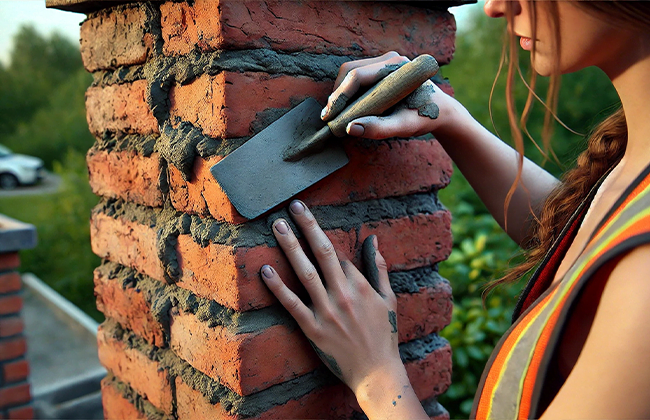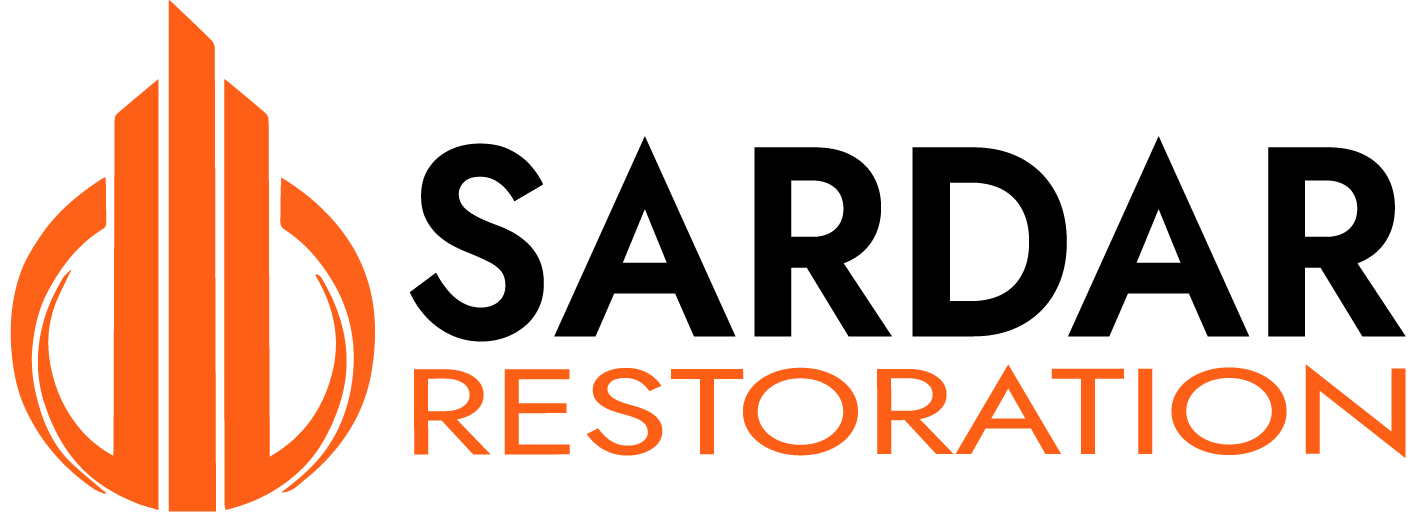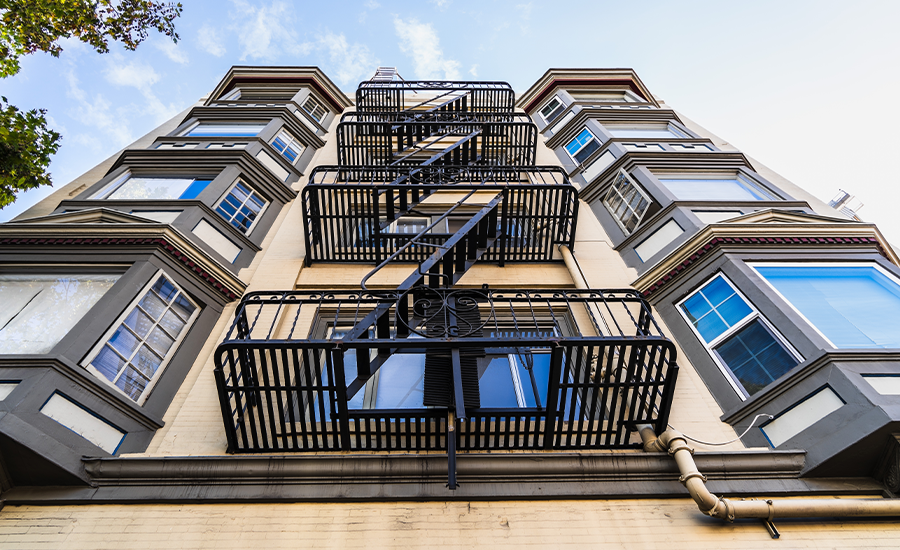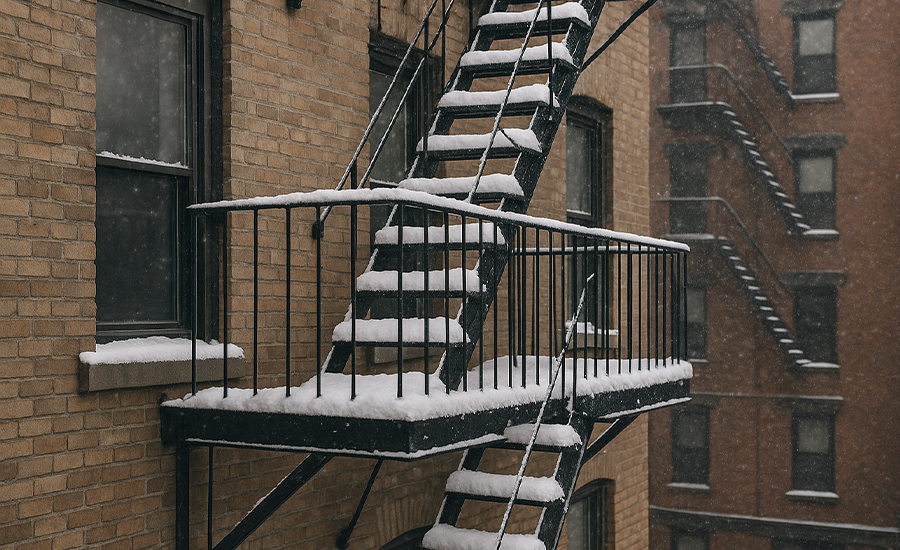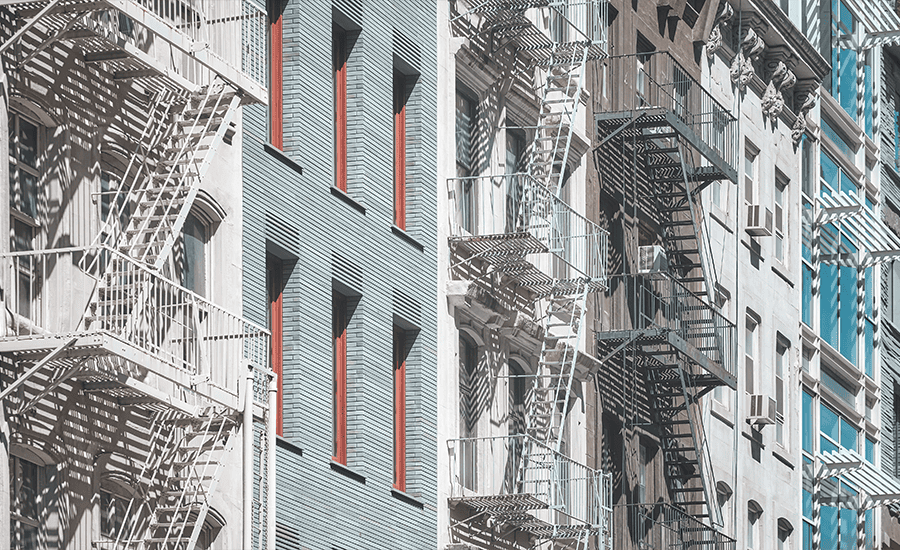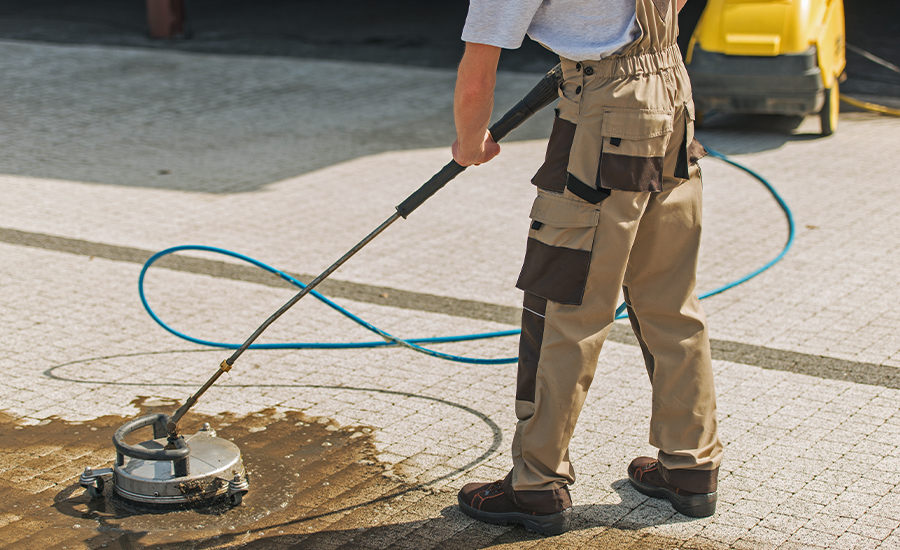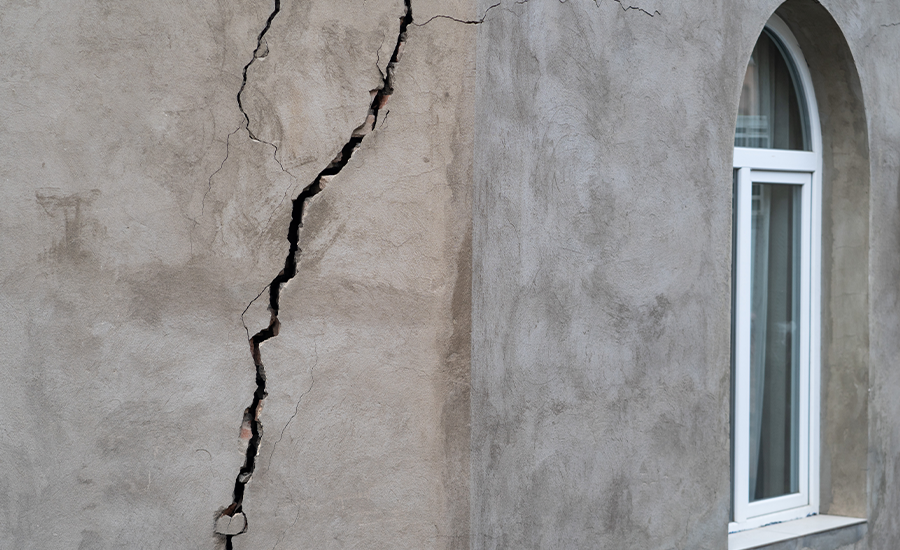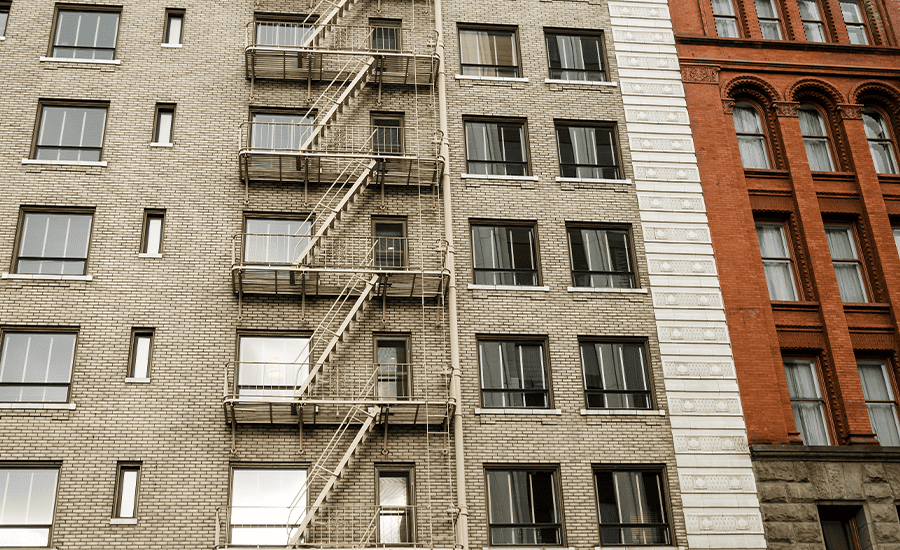Getting to grips with your chimney repair cost is crucial for keeping your home safe and efficient. This guide will explore the different factors that shape chimney repair costs, including the nature of the repairs, the materials involved, and the overall condition of the chimney. Armed with this knowledge, homeowners can make well-informed decisions and effectively plan for the financial side of chimney upkeep.
Chimney Repair Cost Overview
When you’re facing a chimney repair, understanding the costs involved is crucial to planning your budget. The expense of chimney repairs can vary significantly based on several factors, but let’s start by looking at the typical costs you might encounter.
Average Cost to Repair a Chimney
The cost to repair a chimney can range broadly from as low as $150 to as high as $7,000, with most homeowners spending around $700 on average. This variation largely depends on the extent and type of the repair needed. To give you a clearer idea, here’s a breakdown in table form:
| Repair Type | Average Cost |
| Basic Crack Repairs | $150 – $300 |
| Crown or Cap Repairs | $150 – $385 |
| Flue Repair | $275 – $1,000 |
| Spalling Repair | $1,000 – $3,000 |
| Leaning Stack Repair | $1,250 – $4,000 |
| Full Chimney Rebuild | $8,000 – $10,000 |
These figures illustrate that simpler repairs like fixing cracks or replacing a chimney cap are at the lower end of the cost spectrum, while more complex issues like correcting a leaning chimney stack or dealing with spalling bricks can cost considerably more.
Next, we’ll look into the factors that can affect these costs, helping you understand why there’s such a wide range in the potential expenses for chimney repairs.
Factors Affecting Chimney Repair Costs
When you’re looking into getting your chimney repaired, the cost can vary quite a bit. Let’s dig into the factors that can make a difference in how much you’ll end up spending. Understanding these can help you better predict the expenses involved and perhaps find ways to manage them more effectively.
Type of Repair Needed
The nature of the damage or deterioration your chimney has suffered plays a massive role in determining the repair costs. Simple issues like small cracks or a damaged chimney cap are usually less expensive to fix. However, if you’re dealing with more severe problems like a leaning chimney or significant masonry damage, the costs can skyrocket because these require more labor-intensive solutions and potentially structural repairs.
Materials of the Chimney
What your chimney is made of can also impact the cost of repairs. For instance, chimneys constructed from bricks and mortar may require different repair techniques and materials than those made from metal or prefabricated materials. Typically, masonry repairs can be more costly due to the labor and materials involved in working with brick and stone.
Age of the Chimney
Older chimneys may have more wear and tear, which can complicate repairs. They might need more extensive restoration work to bring them up to current safety standards, especially if they haven’t been maintained regularly. Conversely, newer chimneys might only require minor adjustments or repairs, which can be less costly.
Urgency of the Repair Needs
The timing of your repairs can also affect costs. If you need emergency repair services, perhaps due to sudden damage from a storm or an unexpected failure, you might find yourself paying a premium for rapid response and service. Planning repairs as routine maintenance can often save money, allowing you to avoid the higher charges associated with emergency situations.
By keeping these factors in mind, you can get a better handle on what you might need to budget for chimney repairs. Up next, we’ll explore the different types of repairs in more detail in the next section, where you’ll see how specific repairs can vary in price.
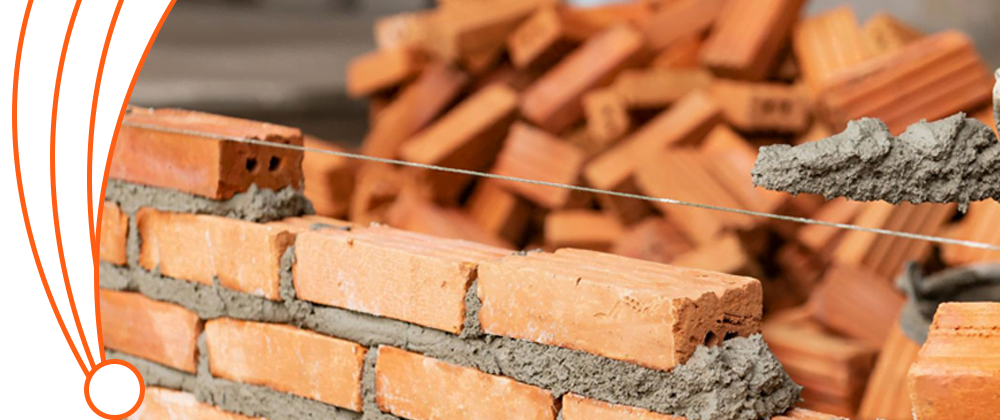
Cost Breakdown by Type of Repair
Navigating the costs of chimney repairs becomes a lot easier when you break down the expenses by the type of repair required. Each repair type has its own set of challenges and costs associated with it. Here’s a detailed look at some common types of chimney repairs and what you might expect to pay for each.
Liner Repairs
The chimney liner plays a critical role in safely directing smoke and gases out of your home. If it’s damaged, repairs are necessary to avoid potential hazards. Minor liner repairs, such as sealing small cracks, can cost around $65 to $100 per square foot. However, if the liner is extensively damaged and needs replacement, the cost can range from $2,000 to $7,000, depending on the liner’s material and the complexity of the installation.
Wood Rot Repairs
Wood around the chimney can rot due to moisture intrusion, often a result of a leaky chimney. Repairing wood rot involves removing the affected area and replacing it with new, treated wood. For minor wood rot, homeowners might spend between $150 and $400. However, if there’s extensive damage, the repair costs could escalate to $2,500 or more.
Repointing or Tuckpointing
Over time, the mortar joints in a brick chimney can deteriorate. Repointing involves scraping out the old mortar and replacing it with new mortar to ensure stability and prevent decay. Tuckpointing, while similar, is more cosmetic, aiming to improve the chimney’s appearance. Both processes typically cost between $550 and $2,500, depending on the extent of the repair needed.
Spalling Repair
Spalling occurs when moisture causes the bricks of the chimney to crack and deteriorate, often resulting in crumbling bricks. To repair spalling, the damaged bricks and mortar are replaced, which can be an expensive process. Costs for spalling repairs usually range from $1,000 to $3,000.
Chimney Flue Repair
The flue must be intact to safely expel gases and smoke from your home. Cracks or damage in the flue can be particularly dangerous, allowing harmful fumes to enter your living space. Repairing a chimney flue typically costs between $275 and $1,000, depending on the extent of the damage.
Chimney Cap or Crown Repair
The chimney cap or crown acts as a cover for the chimney, protecting it against rain, animals, and debris. Repairing or replacing a chimney cap or crown usually costs between $150 and $385, a relatively small price to pay for preventing more significant future damage.
Leaning Stack Repair
A leaning chimney stack can indicate foundational or structural issues and is among the more serious problems requiring immediate attention. Repair costs for a leaning chimney stack range from $1,250 to $4,000, depending on the severity and the required interventions, such as installing support piers or completely rebuilding portions of the chimney.
Understanding these specific repair costs will help you plan effectively, ensuring that you’re prepared for whatever chimney issues might arise. Next, we will explore how the type of chimney you have influences these repair costs in the “Chimney Repair Costs by Chimney Type” section. This will further help you estimate the potential expenses associated with your specific chimney type.
Chimney Repair Costs by Chimney Type
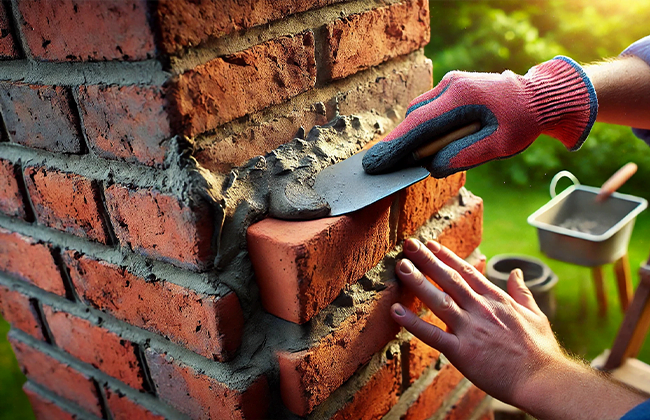
When it comes to chimney repair costs, the type of chimney you have plays a significant role in determining how much you might spend. Each material comes with its own set of challenges and typical repair costs. Let’s break down what you can expect for the most common types of chimneys: brick, stucco, metal, and prefabricated.
Brick Chimney
Brick chimneys are classic and durable, but they require maintenance to keep them in good shape. The costs for repairing a brick chimney can vary widely depending on the specific repair needed. For general tuckpointing or repointing, costs range from $550 to $2,500. More extensive repairs like fixing spalling bricks can cost between $1,000 and $3,000. Overall, brick chimney repairs are often on the higher end due to the labor-intensive nature of working with brick and mortar.
Stucco Chimney
Stucco chimneys are known for their smooth finish and aesthetic appeal. However, they can be susceptible to water damage if not properly maintained. Repair costs for stucco chimneys typically range from $800 to $4,000. This wide range reflects the varying degrees of damage that can occur, from minor cracks that need filling to more extensive resurfacing.
Metal Chimney
Metal chimneys are robust and resist many of the deterioration issues that affect masonry chimneys. However, they are not immune to problems such as rust or structural damage from external impacts. Repairing a metal chimney usually costs between $250 and $1,200, which generally covers replacing sections of the chimney or addressing issues with the chimney cap.
Prefabricated Chimney
Prefabricated chimneys are made in a factory and installed as a unit. They are often less expensive to repair than masonry chimneys because the parts are standardized and easier to replace. Common repairs include replacing the chimney cap or the chase cover, and costs can range from $250 to $1,200, similar to metal chimneys.
Understanding the specific costs associated with the type of chimney you have can help you better prepare for the financial aspect of repairs. As you look into these expenses, it’s also beneficial to compare the costs of repairs versus full replacements, especially when considering older or extensively damaged chimneys. This comparison will be explored next in the section on “Prefab vs. Masonry Chimney Repair Costs,” helping you make informed decisions based on your chimney’s condition and type.
Prefab vs. Masonry Chimney Repair Costs
When considering repairs for your chimney, understanding the differences in costs between prefab (prefabricated) and masonry chimneys is crucial. Both types have unique attributes that affect the complexity and cost of repairs. Let’s delve into how these costs compare and what you might expect when facing repairs.
Prefab Chimney Repair Costs
Prefabricated chimneys are designed for efficiency and ease of installation, which also extends to their repair. Made from factory-built metal parts, these chimneys are often easier and less costly to repair compared to their masonry counterparts. Here’s a breakdown of common prefab chimney repair costs:
| Repair Type | Average Cost |
| Chimney Cap Replacement | $150 – $350 |
| Chase Cover Replacement | $200 – $600 |
| Chimney Liner Repair | $250 – $900 |
| Complete Chimney Replacement | $1,000 – $3,500 |
These costs reflect the modular nature of prefab chimneys, allowing for specific parts to be replaced without needing extensive labor or customization.
Masonry Chimney Repair Costs
Masonry chimneys are built with individual bricks or stones and require a different set of skills and materials for repairs. The craftsmanship involved often makes these repairs more labor-intensive and costly. Here’s what homeowners might expect to pay for common masonry chimney repairs:
| Repair Type | Average Cost |
| Tuckpointing | $500 – $2,500 |
| Spalling Brick Replacement | $1,000 – $3,000 |
| Chimney Crown Repair | $400 – $2,000 |
| Complete Chimney Rebuild | $3,000 – $10,000 |
Masonry repairs often involve extensive manual labor and expertise in stone and brickwork, contributing to higher costs.
Comparing Costs and Considerations
While prefab chimneys generally offer a cost-effective solution for repairs, masonry chimneys provide a traditional and durable option that many homeowners value despite the higher repair costs. The choice between repairing a prefab or a masonry chimney often depends not just on cost but also on aesthetic preferences and the specific issues at hand.
For instance, while replacing a section of a prefab chimney might be straightforward and relatively inexpensive, addressing structural issues in a masonry chimney can be a significant undertaking, both in terms of time and money. Conversely, masonry chimneys, when well-maintained, can enhance a home’s exterior and potentially offer a longer lifespan than prefab models.
In the next section, we will explore how the costs of labor contribute to the overall expenses of chimney repairs, further highlighting the distinctions between different types of chimney repairs.

Labor Cost to Repair a Chimney
When you’re planning chimney repairs, one of the key components to consider is the labor cost. This can vary widely depending on the complexity of the job and the expertise required. Here’s a detailed look at what influences these costs and what you might expect to pay for professional chimney repair services.
Understanding Hourly Rates
Chimney repair professionals typically charge by the hour, with rates that can range from $50 to $200. The exact rate depends on several factors:
- Expertise and Experience: More experienced technicians or those with specialized skills in masonry or metalwork tend to charge higher rates due to their expertise.
- Region: Labor costs can also vary significantly based on where you live. Urban areas with a higher cost of living may see higher rates than rural areas.
- Demand: During peak seasons when chimney inspections and repairs are in high demand, such as late summer or early fall, rates may increase due to the higher workload.
Factors Influencing Labor Costs
The complexity of the repair job plays a major role in determining labor costs. For instance:
- Simple Repairs: Tasks like replacing a chimney cap or minor flue repairs might take less time and require less specialized labor, which can keep costs lower.
- Complex Repairs: More involved repairs, such as fixing a leaning chimney or extensive masonry work, not only take longer but also require a higher level of skill and safety precautions, increasing the overall labor costs.
Additionally, accessibility issues can affect labor costs. If your chimney is particularly tall, steeply pitched, or difficult to access, it may require special equipment or extra safety measures, which can add to the cost.
Estimating Your Costs
To get a clear idea of what you’ll need to budget for labor, it’s a good idea to get estimates from several professionals. This allows you to compare rates and get a sense of what a fair price might be for the specific repairs your chimney requires. Always ensure that the estimates include all potential costs so there are no surprises.
In the upcoming section, we will explore how urgent repair needs can influence the overall cost, particularly in how they might impact labor rates and availability. This is crucial to understand, especially if you find yourself needing immediate repairs after a storm or other unexpected event.
Emergency Chimney Repair Services Cost
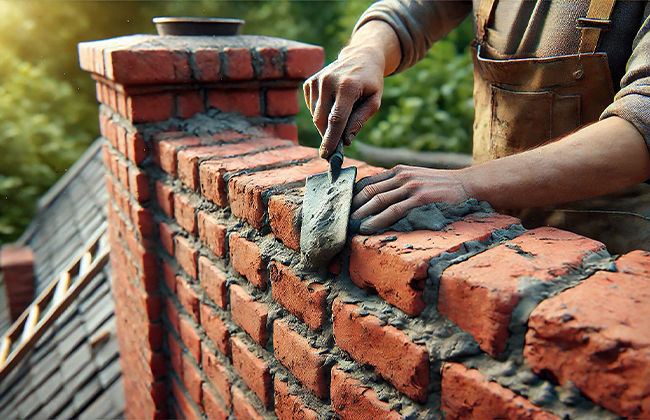
When unexpected issues strike your chimney, understanding the costs and scenarios associated with emergency repairs is vital. These situations often require immediate attention to prevent further damage to your home, making them significantly different from planned repairs both in urgency and sometimes in cost.
Understanding Emergency Repair Costs
Emergency chimney repairs can vary in cost depending on the type of emergency and the immediacy with which services are required. Typically, the costs are higher due to the need for rapid response. Service rates may increase if the repairs are needed during weekends, holidays, or overnight hours when regular business hours do not apply. Here’s a quick look at what you might expect:
- Service Call Fees: Emergency calls often come with a higher initial fee to cover the immediate response by technicians, regardless of the repair size.
- Hourly Rates: For emergency services, hourly rates can be higher than normal. Rates might range from $100 to $300 per hour, reflecting the urgency and the conditions under which the work is performed.
Scenarios Requiring Emergency Repairs
Several scenarios might necessitate immediate chimney repair, including:
- Structural Damage: Events like severe weather or an accident leading to visible structural damage to the chimney stack require urgent repairs to prevent potential collapse.
- Blockages: Sudden blockages, such as those caused by nesting animals or debris from storms, need quick resolution to prevent dangerous gas build-ups inside the home.
- Leakage: Water entering through a damaged chimney during heavy rain can quickly lead to interior damage, mold, and mildew, requiring prompt action.
The Importance of Prompt Action
Addressing chimney emergencies promptly is not just about repairing the damage. It’s about safeguarding your home from further issues that can escalate if not addressed quickly. For instance, a small leak can lead to significant water damage over time, and a crack or blockage can become hazardous if left unattended.
Preventing emergencies through regular maintenance is always preferable and can be less costly in the long run. In the next section, we will delve into how regular maintenance and preventative strategies can lead to long-term cost savings, helping you avoid the need for emergency repairs and ensuring the longevity of your chimney.
Long-term Cost Savings: Maintenance and Prevention
Maintaining your chimney properly isn’t just about ensuring it functions correctly; it’s also a critical strategy for avoiding expensive repairs down the line. Regular maintenance can prevent severe damage and extend the life of your chimney, leading to significant cost savings. Here’s some advice on maintenance practices that can help you keep those repair bills at bay.
Annual Inspections
One of the most effective ways to maintain your chimney and save money is to have it inspected annually by a professional. These inspections can catch minor issues before they become major problems. For example, identifying a small crack early can prevent it from widening and causing structural damage that would be much costlier to repair.
Cleaning and Sweeping
Creosote buildup, a common issue in wood-burning chimneys, can lead to chimney fires if not addressed. Regular cleaning and sweeping, ideally once a year or after burning about a cord of wood, can prevent this buildup and reduce the risk of fire, thereby protecting against extensive and expensive damage.
Waterproofing
Water can be a significant enemy to your chimney. Applying waterproofing agents can prevent water penetration, which is often the cause of spalling and cracking in masonry chimneys. Waterproofing needs to be reapplied every few years, depending on the product and exposure conditions, but it’s a cost-effective measure compared to fixing water damage later.
Cap Installation
Installing a chimney cap can prevent debris, animals, and water from entering the chimney. A cap is an inexpensive addition that can prevent blockages and reduce moisture damage, both of which can lead to costly repairs if not managed.
Address Issues Promptly
When issues are identified, addressing them promptly can prevent them from worsening. For instance, replacing a damaged flue liner as soon as it’s found to be defective can avoid more severe damage to the chimney structure and keep repair costs lower than if the problem were allowed to escalate.
By following these maintenance practices, you can not only extend the lifespan of your chimney but also enjoy greater peace of mind, knowing that your chimney is safe and in good working order. This proactive approach to chimney care not only saves money on repairs but also enhances the overall safety of your home.
Next, we will look into the pros and cons of DIY chimney repair versus hiring a professional, helping you decide the best approach based on the complexity of the job and your own skills and experience.

DIY Chimney Repair vs. Hiring a Professional
Deciding whether to tackle chimney repairs yourself or to hire a professional is a significant choice that can affect both the cost and the success of the work. Here, we’ll look into scenarios where DIY might be appropriate, and when it’s advisable to call in the experts.
DIY Chimney Repair: When Is It Appropriate?
Pros:
- Cost Savings: Handling repairs yourself can save on labor costs.
- Flexibility: You can work on your own timeline and not wait for professional availability.
Cons:
- Safety Risks: Chimney repair often involves working at heights and handling potentially hazardous materials.
- Complexity of Job: Without the necessary skills, you might misdiagnose issues or perform inadequate repairs that could lead to bigger problems.
Suitable DIY Tasks:
- Replacing a chimney cap.
- Applying sealant to minor cracks.
- Installing a chimney damper.
Hiring a Professional: When Is It Necessary?
Pros:
- Expertise and Experience: Professionals use their years of training and knowledge to ensure they do repairs correctly.
- Safety: Professionals have the tools and safety equipment to handle dangerous tasks safely.
- Warranty and Assurance: Many professionals offer warranties on their work, providing peace of mind and protection for your investment.
Cons:
- Cost: Professional services can be expensive, especially for extensive repairs.
- Availability: Scheduling can be an issue during peak seasons.
Scenarios Requiring Professional Expertise:
- Structural repairs, such as fixing a leaning chimney or major masonry work.
- Replacing or repairing a chimney liner.
- Comprehensive chimney inspections and repairs following a chimney fire.
Comparison Table: DIY vs. Professional Chimney Repair
| Task or Issue | DIY Feasibility | Professional Recommended |
| Replacing Chimney Cap | High | Low |
| Minor Crack Sealing | Moderate | Moderate |
| Structural Repairs | Low | High |
| Liner Replacement | Low | High |
| Major Masonry Work | Low | High |
Understanding when you can handle a task and when to hire a professional is crucial. This can help you maintain your chimney effectively while ensuring safety and cost-efficiency.
Let’s wrap up with a summary of the key points covered, offering you guidance on how to approach chimney maintenance and repair decisions effectively. This ensures they fit well within your needs and budget.
Conclusion
Grasping the costs associated with chimney repair costs ensures you’re never caught off guard. Whether you’re fixing a minor issue yourself or require expert intervention for more complex challenges. Informed decisions are crucial for managing your budget effectively. Seeking professional guidance on chimney repair costs? Call us at (+1) 917-355-8556 for top-notch advice and reliable service.
FAQs
Q: What factors influence the chimney repair cost?
A: Several factors can vary the chimney repair cost, including the type of damage and the materials used. The complexity of the repair and the accessibility of your chimney also play a role.
Q: How can I reduce my chimney repair cost?
A: To reduce your chimney repair cost, schedule regular inspections to catch issues early. Perform routine cleanings to prevent major damage, and address repairs promptly before they become more severe.
Q: What is the average chimney repair cost for common issues?
A: The average chimney repair cost can range from minor fixes at around $150. More extensive repairs can go up to several thousand dollars, depending on the severity and the type of repair needed.
Q: Can the season affect my chimney repair cost?
A: Yes, the season can affect your chimney repair cost. Costs may be higher during the colder months due to increased demand for chimney services. Scheduling repairs in the off-season might be more cost-effective.
Q: What should I do if quoted chimney repair costs seem unusually high?
A: If the quoted chimney repair costs seem unusually high, it’s advisable to seek additional estimates from other service providers. This ensures you are getting a fair price. Always ensure that you receive itemized estimates so you can compare the costs associated with specific repair services.
Q: How do I know when my chimney needs to be repaired?
A: You may notice signs like visible cracks, loose bricks, or deteriorating mortar. Inside your home, you might experience issues like smoke drafting poorly or water leakage around the chimney area.
Q: Is it worth it to repair or rebuild a chimney?
A: Whether to repair or rebuild a chimney depends on the extent of the damage. If the structure is largely intact, repairs might suffice. However, if there is significant structural damage, rebuilding might be a more cost-effective and safer choice in the long term.
Q: Can you waterproof a chimney?
A: Yes, you can waterproof a chimney. Applying a waterproofing agent to the exterior masonry can prevent water penetration. It also protects against weather-related deterioration, extending the chimney’s lifespan.
Q: How much does chimney cleaning cost?
A: The cost of chimney cleaning typically ranges from $100 to $300. This price can vary based on the chimney’s condition and the complexity of the cleaning required. Regular cleaning is crucial for maintaining chimney efficiency and safety.


